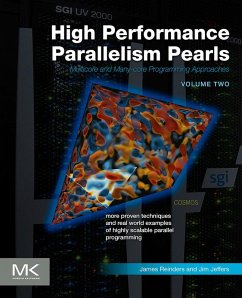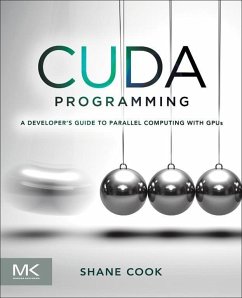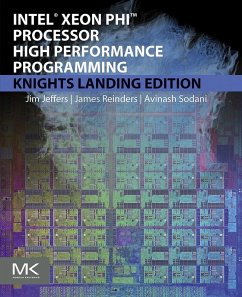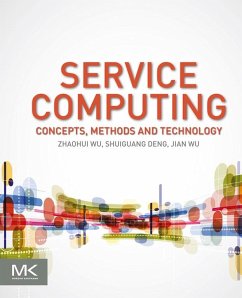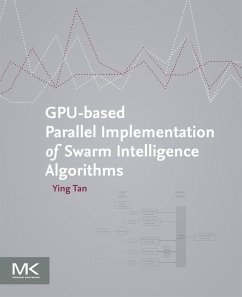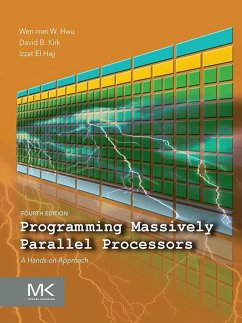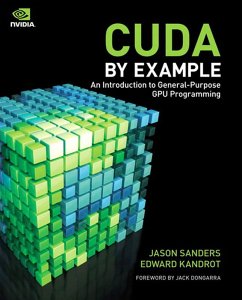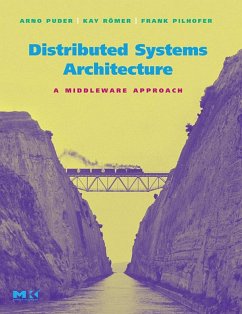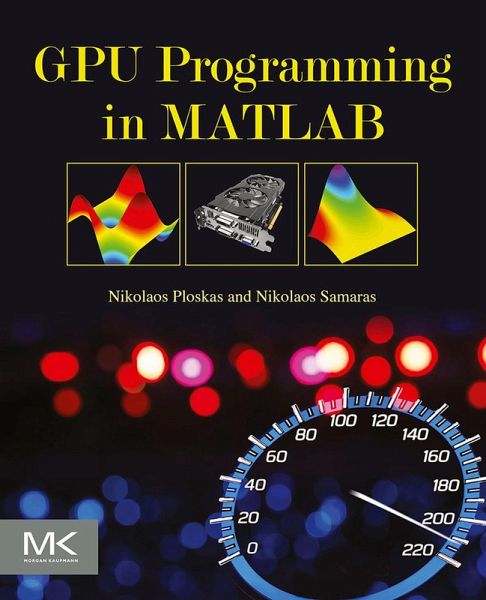
GPU Programming in MATLAB (eBook, ePUB)
Versandkostenfrei!
Sofort per Download lieferbar
31,95 €
inkl. MwSt.
Weitere Ausgaben:

PAYBACK Punkte
16 °P sammeln!
GPU programming in MATLAB is intended for scientists, engineers, or students who develop or maintain applications in MATLAB and would like to accelerate their codes using GPU programming without losing the many benefits of MATLAB. The book starts with coverage of the Parallel Computing Toolbox and other MATLAB toolboxes for GPU computing, which allow applications to be ported straightforwardly onto GPUs without extensive knowledge of GPU programming. The next part covers built-in, GPU-enabled features of MATLAB, including options to leverage GPUs across multicore or different computer systems....
GPU programming in MATLAB is intended for scientists, engineers, or students who develop or maintain applications in MATLAB and would like to accelerate their codes using GPU programming without losing the many benefits of MATLAB. The book starts with coverage of the Parallel Computing Toolbox and other MATLAB toolboxes for GPU computing, which allow applications to be ported straightforwardly onto GPUs without extensive knowledge of GPU programming. The next part covers built-in, GPU-enabled features of MATLAB, including options to leverage GPUs across multicore or different computer systems. Finally, advanced material includes CUDA code in MATLAB and optimizing existing GPU applications. Throughout the book, examples and source codes illustrate every concept so that readers can immediately apply them to their own development. - Provides in-depth, comprehensive coverage of GPUs with MATLAB, including the parallel computing toolbox and built-in features for other MATLAB toolboxes - Explains how to accelerate computationally heavy applications in MATLAB without the need to re-write them in another language - Presents case studies illustrating key concepts across multiple fields - Includes source code, sample datasets, and lecture slides
Dieser Download kann aus rechtlichen Gründen nur mit Rechnungsadresse in A, B, BG, CY, CZ, D, DK, EW, E, FIN, F, GR, HR, H, IRL, I, LT, L, LR, M, NL, PL, P, R, S, SLO, SK ausgeliefert werden.




